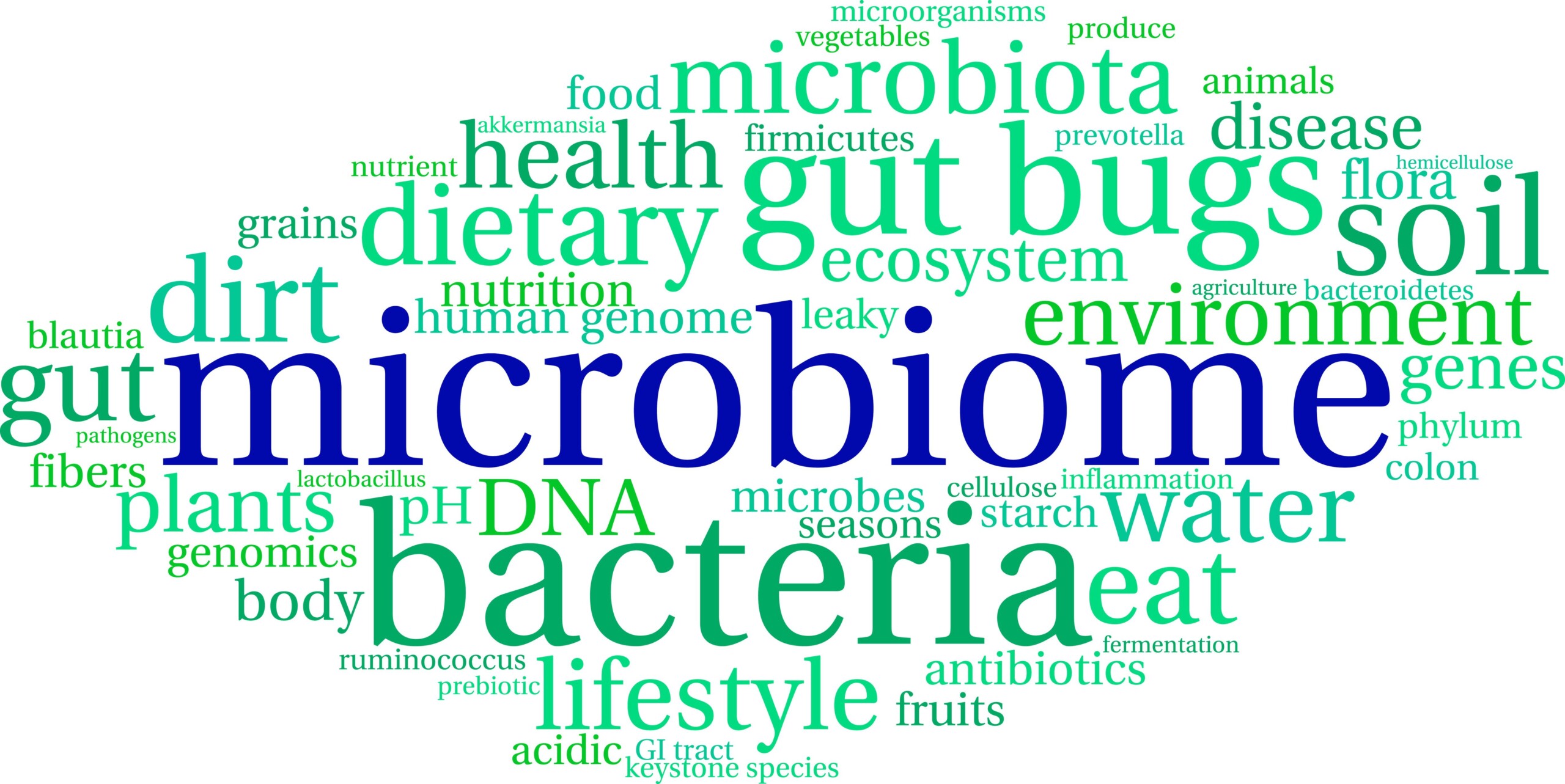Wagralim is an active member of a research consortium funded by the European Commission as part of the “Horizon Europe” programme. This project, called “Tribiome”, runs from 1 January 2023 until 31 December 2026. It focuses on improving our understanding of soil, human, animal and plant microbiomes, as well as their relationships and connections with each other, with a view to improving the resilience of the food chain.
The importance of the microbiome
It is absolutely vital that we improve our understanding of the soil microbiome by carrying out investigations into variability under different biotic and abiotic stresses with a view to modelling new tools to improve crop yields, agricultural output and the quality of food.
Indeed, microbiomes play a crucial role in maintaining life on Earth. For example, soil microbiomes fix nitrogen (N2) and methane (CH4), which boosts the effect of fertilisation and reduces greenhouse gases. The human gut microbiome is closely linked to human health. Plant and animal microbiomes play an important role in the health of plants and animals.
Our growing understanding of the links between microbiomes in environmental and food systems suggests that innovations relating to microbiomes could have the potential to improve the sustainable production of food, animal feed and biofuels, as well as sustaining the principles of circularity.
About the project
First and foremost, Tribiome focuses on the microbiome connected to agricultural production, which is present in the soil, the rhizosphere and plants, in order to investigate these in more depth and assess variability in three selected regions (Spain, Italy and South Africa).
The purpose of the project is to broaden current understanding of these interactions and how they change when there are abiotic and biotic stresses, as well as to implement bioaugmentation technologies in order to boost resistance to certain fungal infections and improve the biofortification of certain micronutrients (S, Zn and Fe), directly connected to their impact on human and animal health.
The crop chosen for this project is wheat. Wheat is currently regarded as the most important cereal according to the European Union.
In line with the Farm to Fork, Green Deal and Food 2030 strategies, this project is therefore keen to guarantee a resilient food production system by modulating the interaction of soil and plant microbiomes to adapt them to climate change, by using the microbial diversity that is specific to each region.
To do this, processes will be introduced to the circular economy that improve human and animal health, bringing everyone involved in the whole food value chain into line with one another.
Solutions to the real problems and challenges faced by farmers, breeders, industry, consumers and the public will also be developed.
As explained above, new technologies to influence modulation (improving plant growth, the efficiency of nutrient use, tolerance to abiotic stress and the nutritional and health quality of food products) could come to light to create better quality food and have a positive impact on animal and plant microbiomes.
To this end, the consortium of partners will tackle the real obstacles and challenges, working alongside everyone involved in the food production chain: from farmers to consumers, via industry, investors and political decision-makers. The goal? To develop systemic solutions that guarantee their implementation and find answers to society’s real problems and needs.
Wagralim’s role
The project consortium is made up of 6 Registered Training Organisations, 2 NGOs, 4 SMEs and 1 large business. Different nationalities are represented (Spain, Italy, Finland, Croatia, Romania, South Africa and Belgium).
Wagralim is, among other things, responsible for tasks connected with documentation, regulatory research and communication and dissemination.
The activities relating to communication and spreading the word will mainly include: creating a website, managing social media coverage, creating promotional videos, publishing lots of scientific articles, taking part in conferences and drafting practice guidelines, to be published throughout the 48-month project.
The cluster will be setting off for Spain at the beginning of February in order to start its coordination work.
Would you like to find out more about this project?
Contact catherine.malingreau@wagralim.beor
Follow the project’s LinkedIn page
